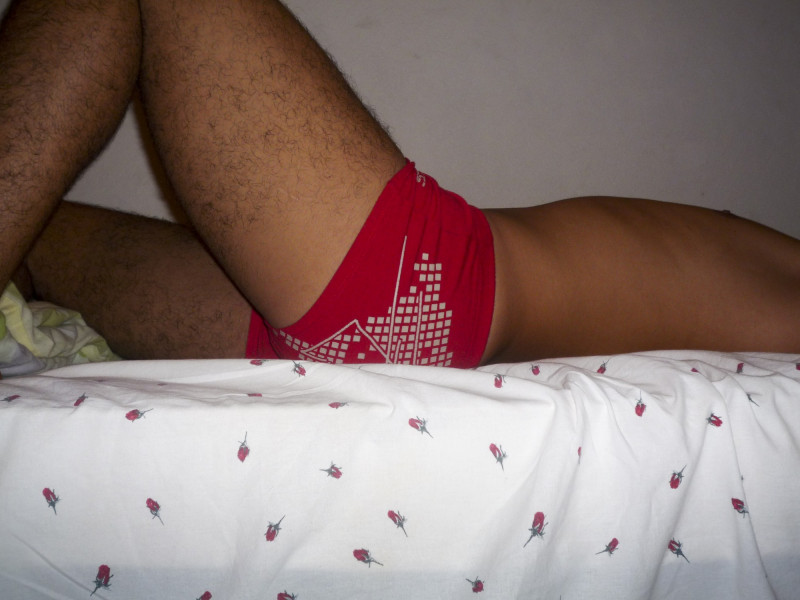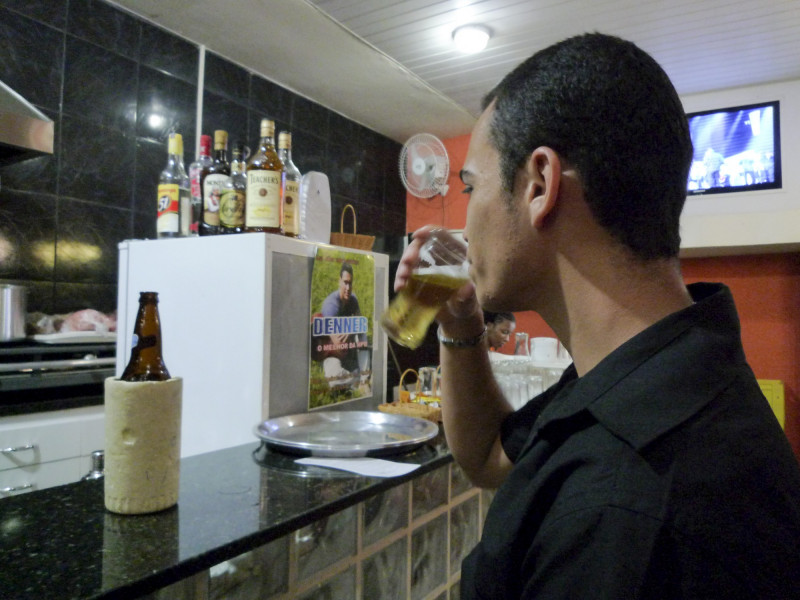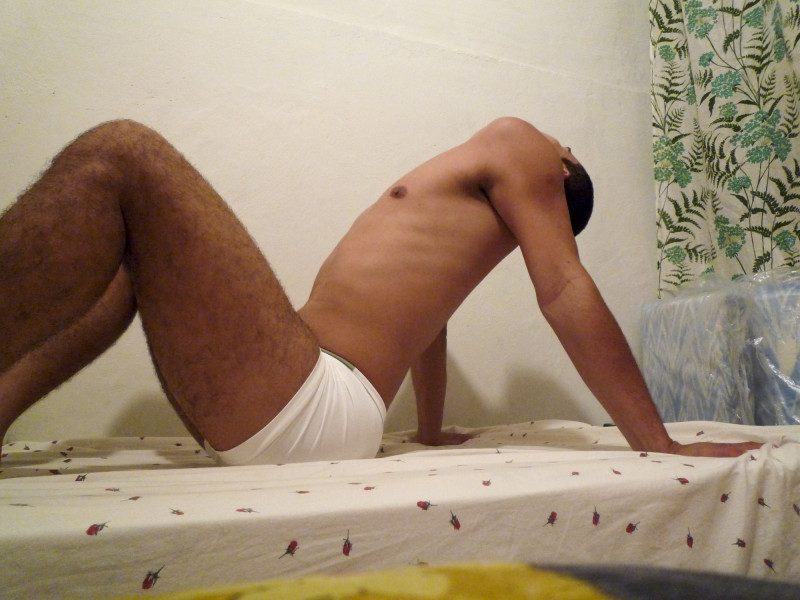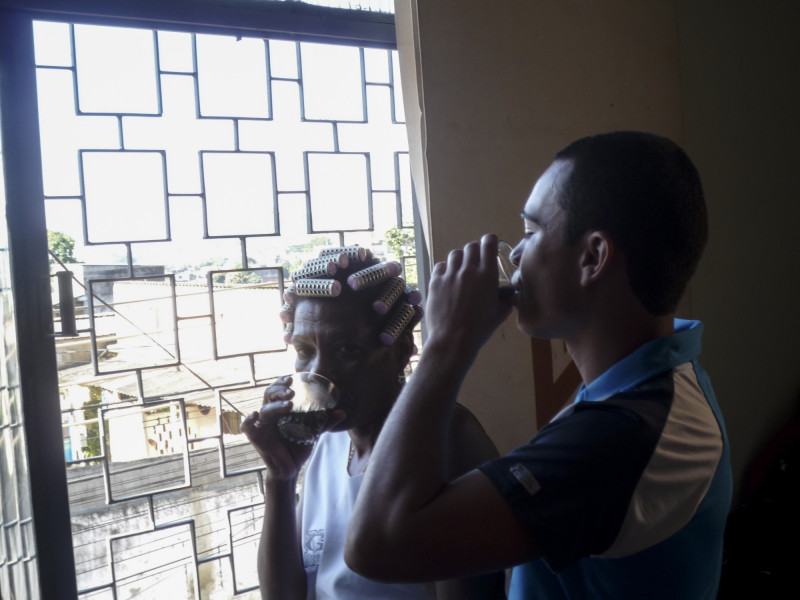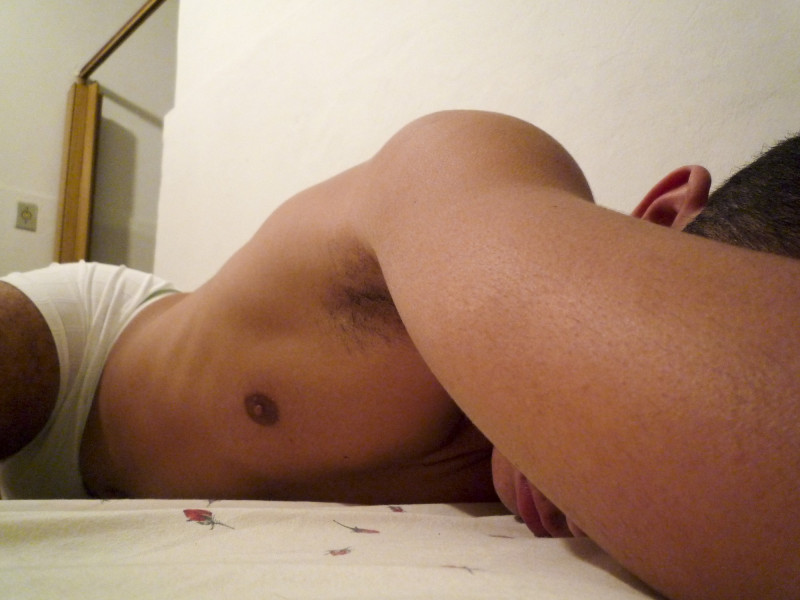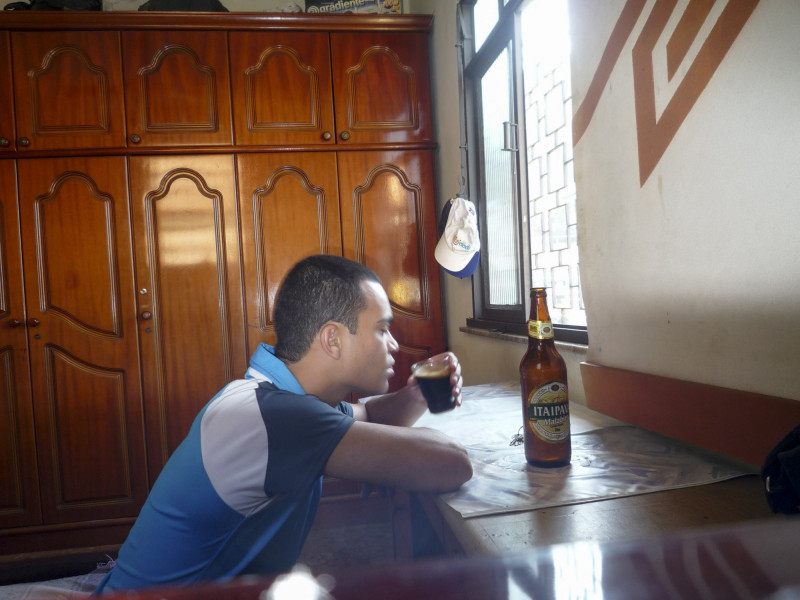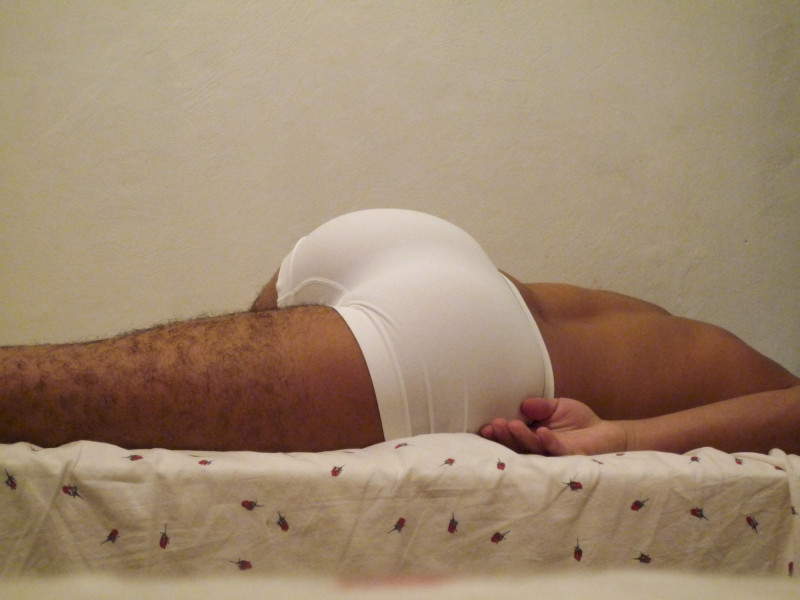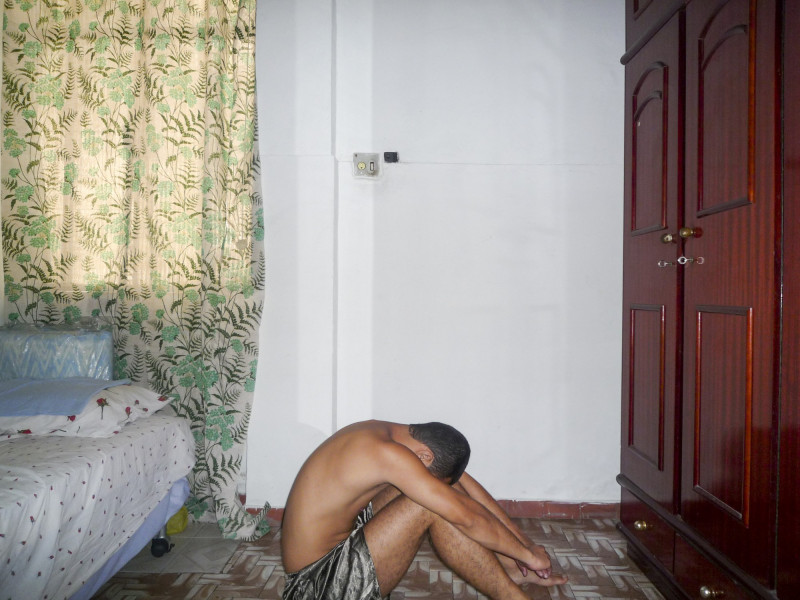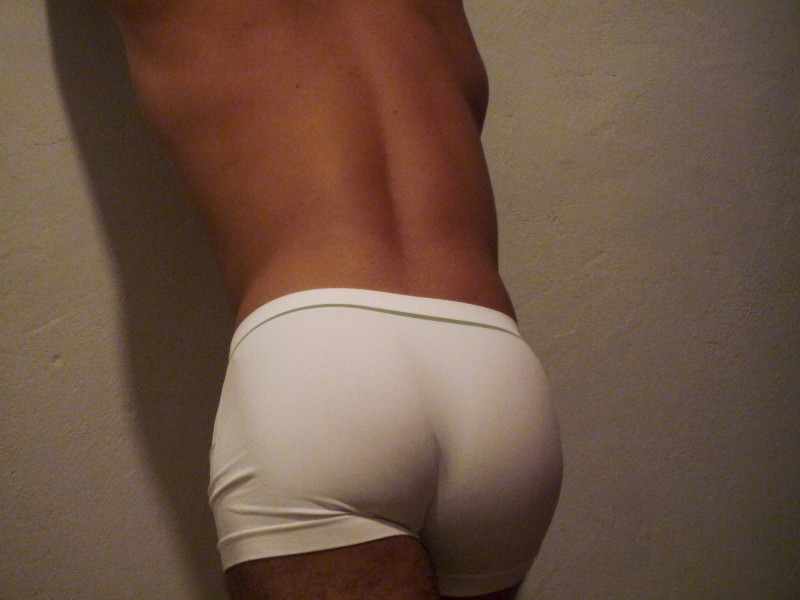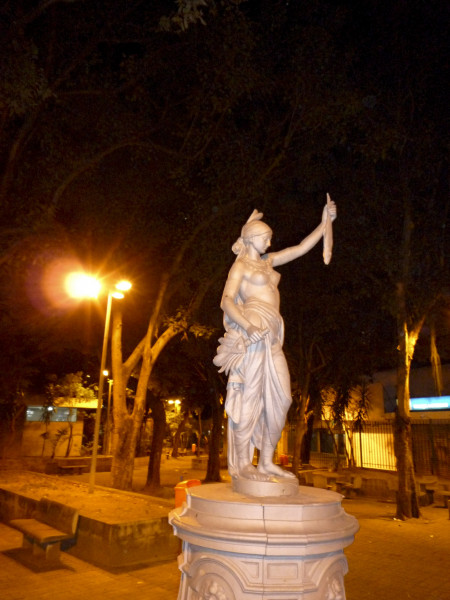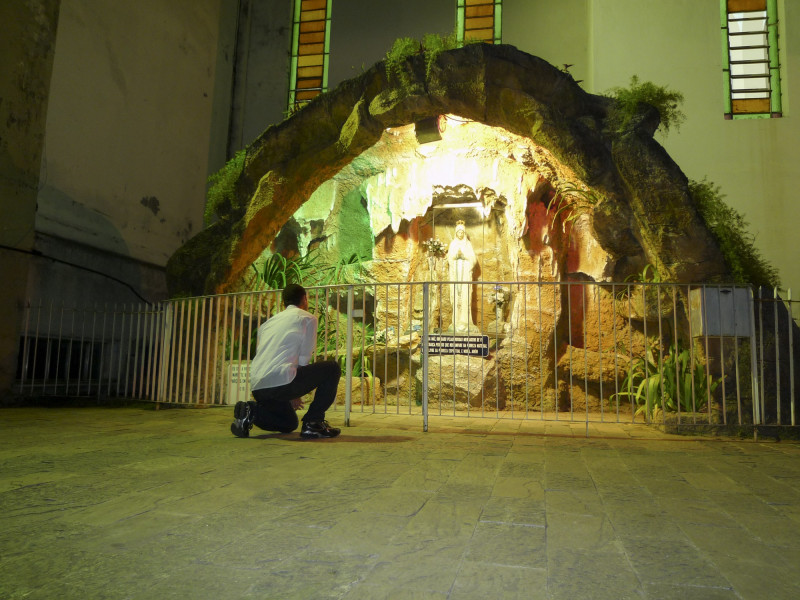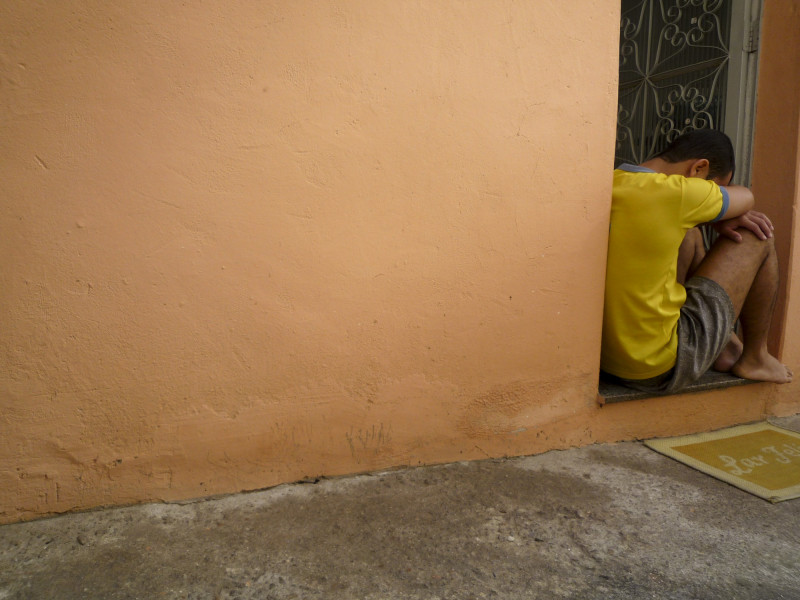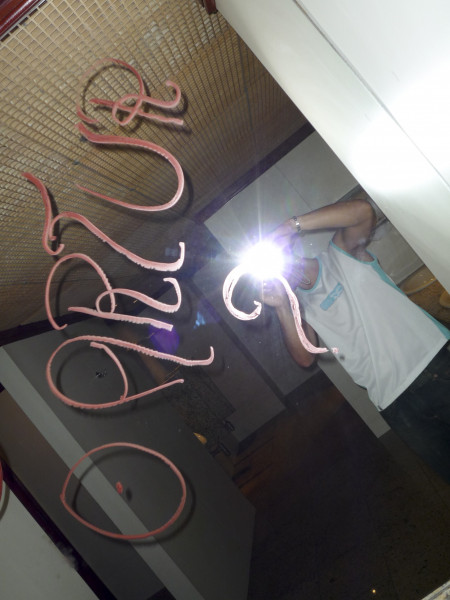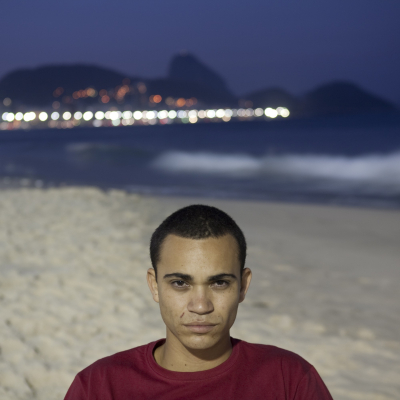I was diagnosed when I was nineteen. I went to a local health center to have an anonymous test done. I was sick, throwing up. When I passed by the place where everyone else had their HIV tests done, I felt something, some sort of warning, a fear, and an apprehension. Eventually, I gathered the courage to go. I made up a story and got my results straight away.
My reaction was utter despair. The first thing that went through my head was that my life was over, it was the end of it all. I thought I was condemned, an outcast, bound to die.
In the beginning, I was being treated for psychological reasons. I tried to commit suicide. It was a side of me I had not known before. I was hearing voices, thinking about death, and having hallucinations.
But the storm passed, I pulled through. Over the years I regained my self-esteem and am stronger now. And no one can tell that I have HIV.
Why live in secrecy? Because there is prejudice. I share my experiences with other people who are HIV-positive, but not with my family. I live with my grandparents and my mother. They know my sexual inclination, but that’s it. They accept it, although my grandfather is a bit homophobic. I get my treatment, I keep the tests in a safe place, and my medication is hidden in my wardrobe. I am man enough to go through this on my own. I do not make a fuss about it.
Sometimes I have little setbacks and get sick. But I do it all on my own. I go by myself to the hospital, and no one has to know about it. People think we are aliens, animals, beasts, as if we could infect them just by walking down the street. It is prejudice, of course. This makes me stop and think, “Shall I do this all on my own?” And my answer is always the same: yes.
